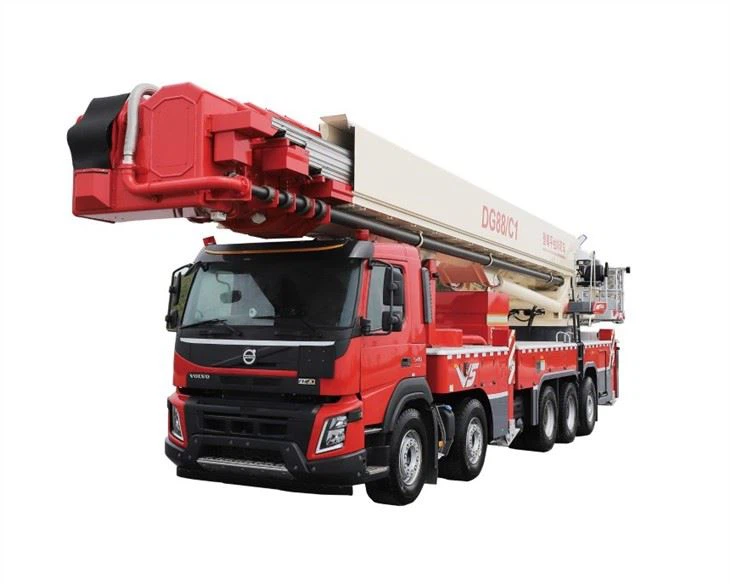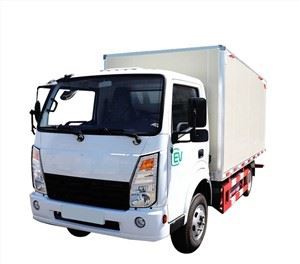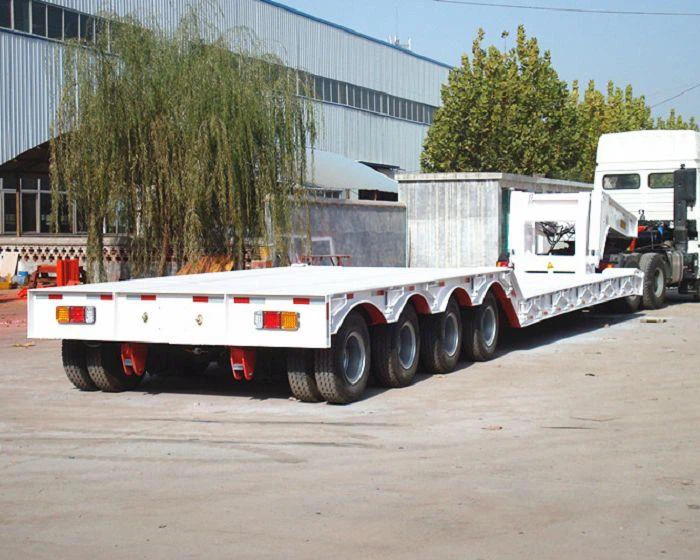A Comprehensive Guide to Garbage Trucks: Types, Functions, and Importance

Introduction
Garbage trucks are essential vehicles in modern society, playing a crucial role in waste management and sanitation. As urbanization increases, the demand for efficient waste disposal systems grows, making garbage trucks indispensable. This article provides a detailed look at garbage trucks, covering their types, functions, and importance in our communities, as well as practical tips for efficient waste management.
The Lifecycle of a Garbage Truck

1. Design and Manufacturing

The journey of a garbage truck begins with its design and manufacturing. Each component must withstand heavy usage and severe conditions. Key aspects include:
- Frame: Built to support the weight of the truck when full.
- Body: Designed for efficient waste collection and compaction.
- Engine: Typically a diesel engine for power and durability.
2. Types of Garbage Trucks
Understanding the different types of garbage trucks helps in recognizing their specific roles in waste management. Below are the main types:
| Type of Garbage Truck | Description | Use Case |
|---|---|---|
| Rear Loader | Features a rear-loading mechanism for compacting waste. | Common in residential areas for curbside pickup. |
| Front Loader | Used for large bins; the loader arms lift the bins. | Ideal for commercial waste collection. |
| Side Loader | Collects waste via a side-mounted compactor. | Used in regions with tight streets. |
| Compaction Truck | Specifically designed to compact waste to maximize space. | Used in both residential and commercial settings. |
| Recycle Truck | Equipped to separate and collect recyclable materials. | Essential for managing recycling programs. |
Functions of Garbage Trucks
1. Waste Collection
The primary function of a garbage truck is to collect waste from designated areas. This includes:
- Residential pickup from homes.
- Commercial collection from businesses.
- Special pickups for hazardous waste.
2. Waste Compaction
Many garbage trucks are equipped with compaction systems that compress waste to maximize utilization of space. This function saves on transport costs and reduces the number of trips needed to disposal sites.
3. Transportation
Once collected and compacted, garbage trucks transport waste to landfills, recycling centers, or incineration plants. Efficient routing is crucial to minimize operational costs and environmental impact.
4. Recycling and Sorting
Modern garbage trucks sometimes include mechanisms for sorting recyclables at the curb or other collection points. This helps streamline the recycling process and improve community recycling rates.
The Importance of Garbage Trucks in Society
1. Health and Sanitation
Garbage trucks help maintain public health by ensuring waste is collected regularly, preventing the spread of diseases associated with stagnant waste.
2. Environmental Impact
Proper waste management through garbage trucks reduces the environmental footprint. Efficient collection and recycling contribute to less pollution and better use of resources.
3. Economic Factors
By facilitating proper waste disposal, garbage trucks support local economies. They create jobs related to waste management and contribute to cleaner, more attractive communities.
4. Community Cleanliness
Regular waste collection helps keep neighborhoods clean and enhances the quality of life for residents. Clean communities are more inviting and can help boost property values.
Practical Tips for Efficient Waste Management
1. Know Your Waste Schedule
Be aware of when your garbage truck comes for collection. Adhering to a schedule avoids overflow and keeps your neighborhood tidy.
2. Sort Your Waste
Separate recyclables from regular waste and dispose of hazardous materials according to local guidelines. Many communities offer recycling programs that benefit from public participation.
3. Use Proper Containers
Utilize designated waste and recycling bins. Make sure they are closed to prevent spillage and animal interference.
4. Participate in Community Clean-ups
Engage in local community events focused on cleanliness and sustainability. This fosters a sense of shared responsibility and can lead to improved waste management initiatives.

FAQs About Garbage Trucks
1. How often do garbage trucks come in residential areas?
Typically, garbage trucks collect waste once a week in residential areas, though some regions may have more frequent pickups.
2. What happens to the waste collected by garbage trucks?
After collection, the waste is transported to landfills, recycling centers, or incineration plants, depending on local waste management policies.
3. Are all garbage trucks the same?
No, garbage trucks vary based on their design, purpose, and the type of waste they are equipped to handle. Common types include rear loaders, front loaders, and recycle trucks.
4. How can I report a missed garbage pickup?
Most municipalities have a reporting system in place, either via a website or phone number, for residents to report missed pickups or issues with waste collection.
5. What should I do with hazardous waste?
Hazardous materials should not be placed in regular trash. Many communities have special collection events or designated drop-off locations for hazardous waste.
6. How can I help improve waste management in my community?
Stay informed about local waste management practices, participate in recycling programs, and engage in community clean-up activities to support better waste handling.
